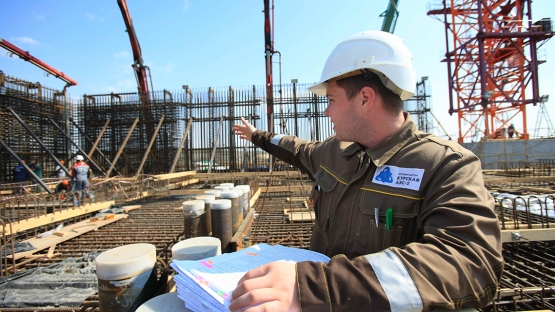Experts from 31 IAEA Member States and three international organizations came together in Vienna this month to discuss good practices and common challenges in nuclear supply chains at a Dialogue Forum organized by the IAEA’s International Project on Innovative Nuclear Reactors and Fuel Cycles (INPRO).
Representing technology holders and users, the Member State participants and experts from the Organisation for Economic Co-operation and Development Nuclear Energy Agency, the Sustainable Nuclear Energy Technology Platform and the International Framework for Nuclear Energy Cooperation, discussed the national, regional and global situation of nuclear supply chains.
“A reliable, robust and sustainable nuclear supply chain is an integral and vital part of the global nuclear energy industry system,” said Dohee Hahn, Director of the IAEA Division of Nuclear Power, at the Forum held from 2 to 4 July 2018. “This would provide quality assurance for safety in the operation and maintenance of operating reactors and also help ensure the successful completion of construction of new nuclear power projects in time and within budget.”
The participants highlighted common supply chain challenges including the shortage of skilled engineers, reductions of manufacturing capacity in some countries, effects of shortened product life cycles such as rapid advances in information technology, and increasing globalization of the supply chain.
They identified key issues and discussed proactive methods to avoid procurement-related events, such as the discovery of counterfeit or substandard items, which have in the past led to temporary shutdowns of reactors or delays in granting operation licences.
They also shared good practices and lessons learned on programmes that are relevant to sustainable nuclear supply chains and to localization, which refers to the involvement of local industries in the supply of good and services.
Juergen Kupitz, a nuclear technology expert from Germany who chaired the Forum, emphasized that establishing a nuclear supply chain and involving national or local industries is a costly and long-term process. “The process should be started long before a nuclear power plant is ordered,” he said. “Particularly nuclear newcomer countries should build their supply chains gradually, starting with non-nuclear graded components, structures and services.”


